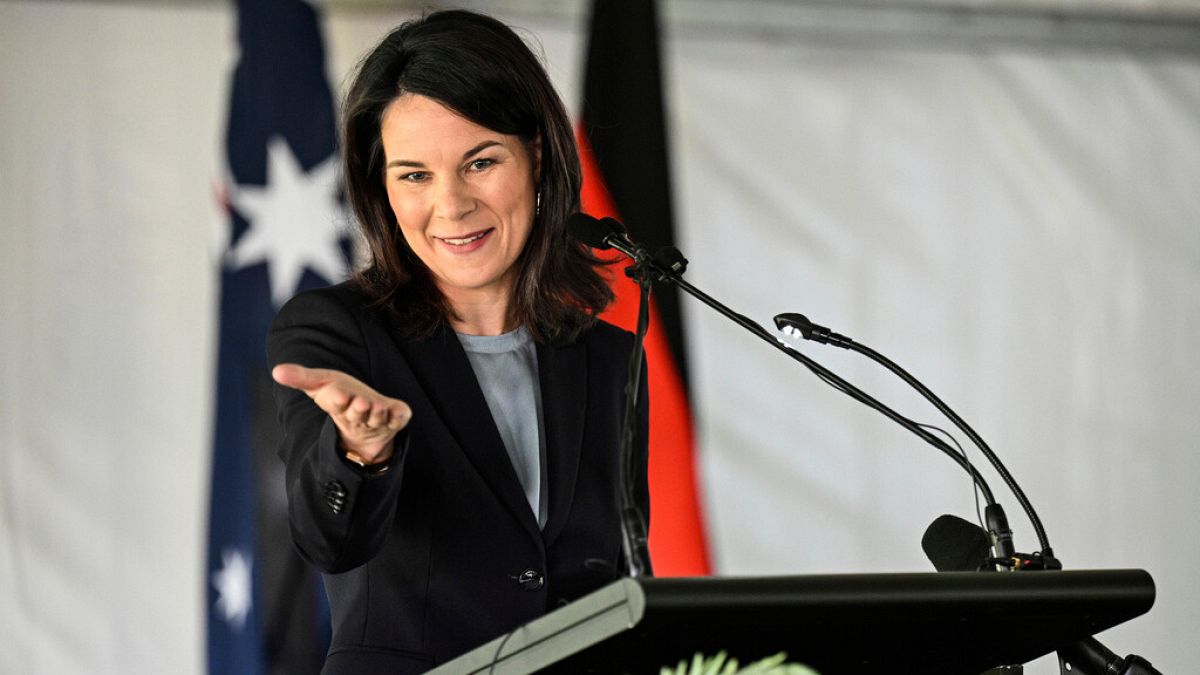German Foreign Minister Annalena Baerbock recently accused Russian state hackers of conducting a cyberattack on the centre-left Social Democratic Party (SPD) in Germany. Baerbock stated that the attack, which occurred in January 2023, was orchestrated by the Russian military intelligence service. She described the attack as “absolutely intolerable” and vowed that Russia would face consequences for its actions.
The closure of a German federal government investigation into the cyberattack prompted Baerbock to make her accusations against Russia. The attack was believed to be in response to Germany’s decision to provide military support to Ukraine in its ongoing war with Russia. Baerbock emphasized the seriousness of the attack and stated that it was attributed to a group called ‘APT28’, which is associated with the Russian military intelligence service.
Baerbock’s visit to Australia, New Zealand and Fiji focused on security policy, particularly in light of China’s increasing influence in the Pacific region. She highlighted the close defence cooperation between Germany and Australia and expressed the desire to deepen and expand this cooperation further due to the shared threats faced by both countries. Baerbock’s visit to Australia marked the first time a German foreign minister has visited the country in 13 years.
During her visit, Baerbock engaged in discussions with her Australian counterpart, Penny Wong, regarding the conflict in Gaza. Both ministers emphasized the importance of working towards a two-state solution to bring an end to the cycle of violence in the Middle East. Wong stressed the need for international efforts to achieve a peaceful resolution to the conflict in Gaza.
The escalating tensions between Germany and Russia as a result of the cyberattack have added strain to the already tense relations between the two European countries. Germany’s decision to support Ukraine militarily has further exacerbated the situation. Baerbock’s accusations against Russia have raised concerns about potential retaliatory actions and the need for diplomatic resolutions to prevent further escalation of tensions.
Baerbock’s statements regarding the cyberattack and her visit to Australia underscore the importance of international cooperation in addressing security threats and promoting peace. The discussions between German and Australian officials reflect a shared commitment to resolving conflicts and working towards stability in regions facing geopolitical challenges. The focus on security policy during Baerbock’s visit highlights the need for collaborative efforts to address global security issues effectively.











